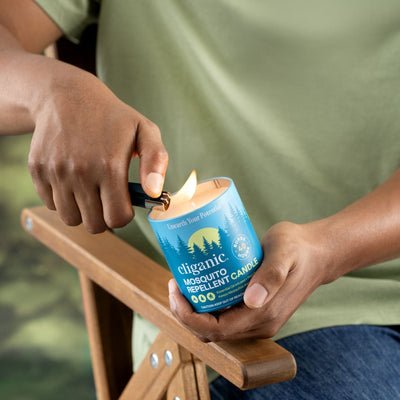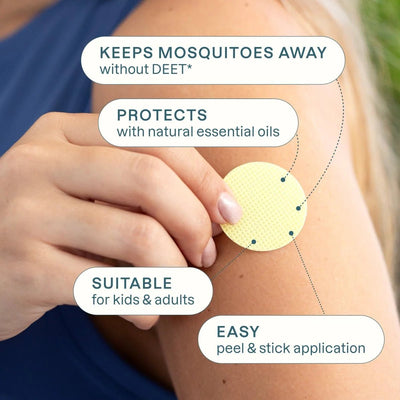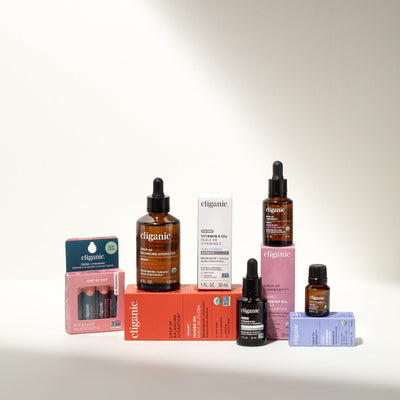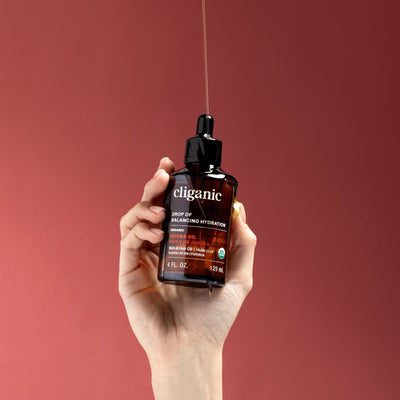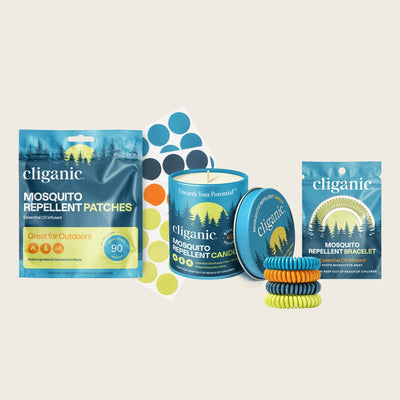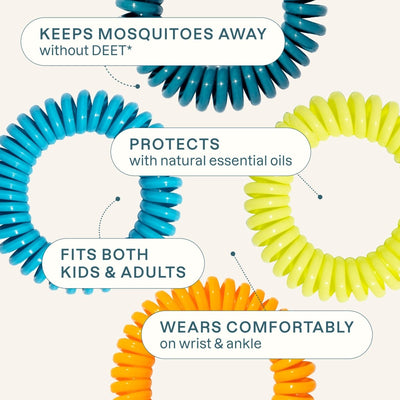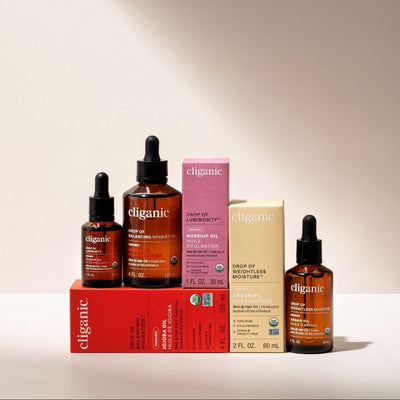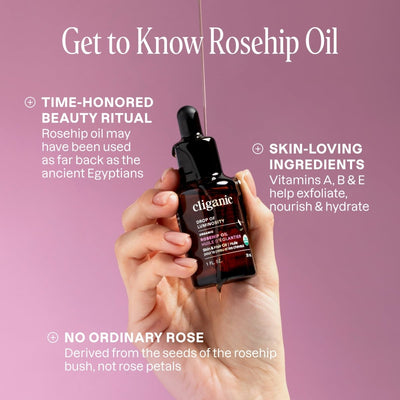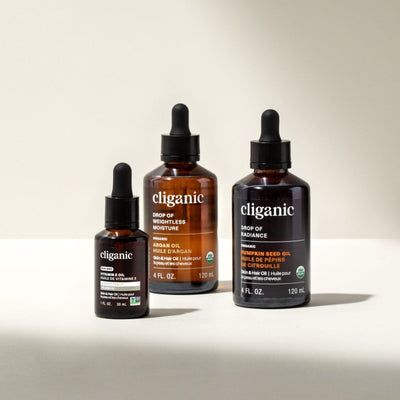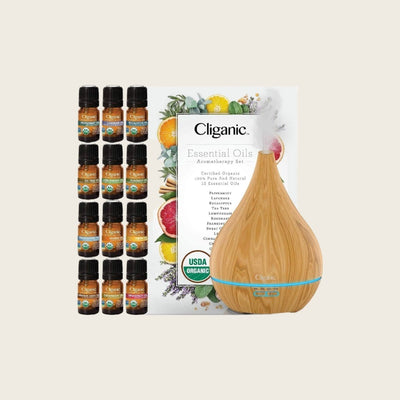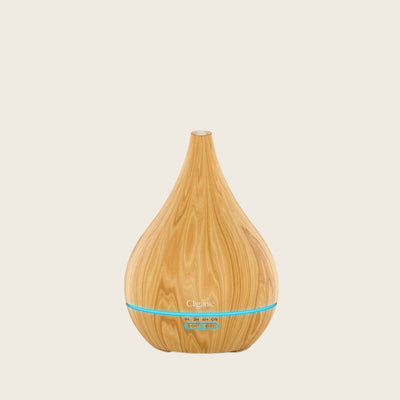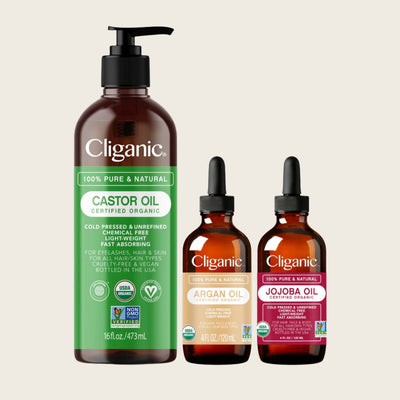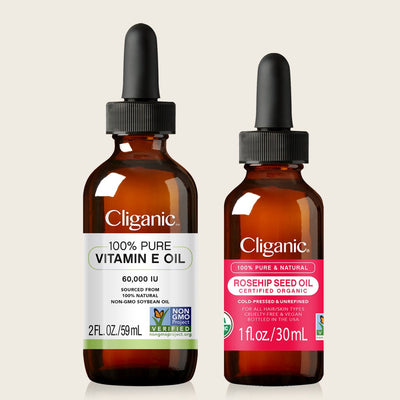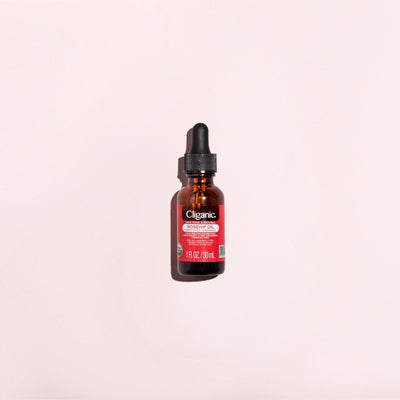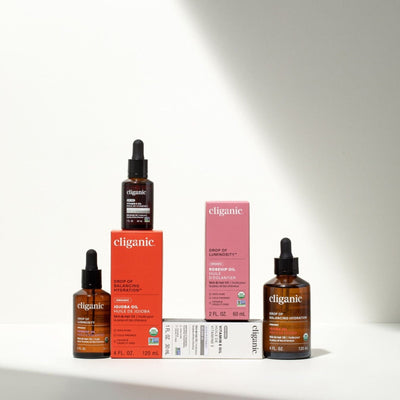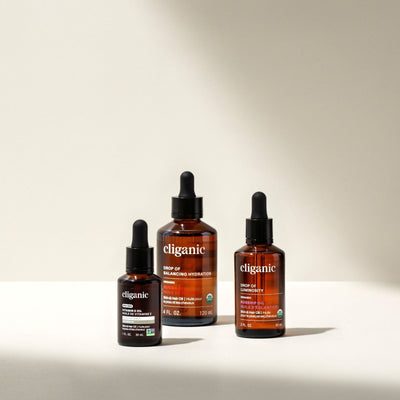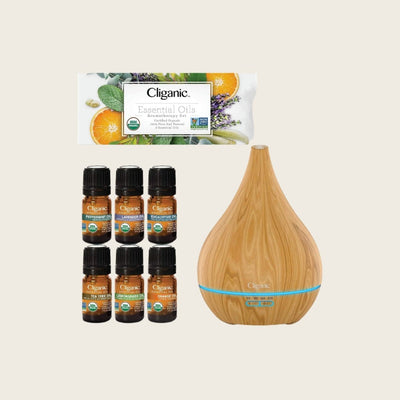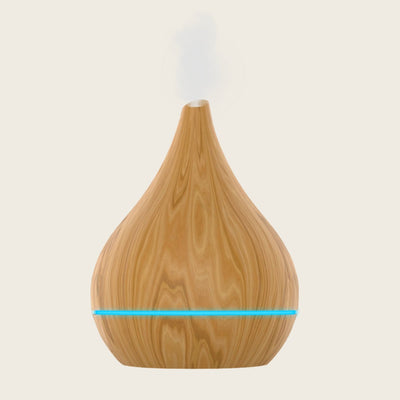25 May 2024
Exploring the Types of Alternative Medicine and Their Utilization of Essential Oils
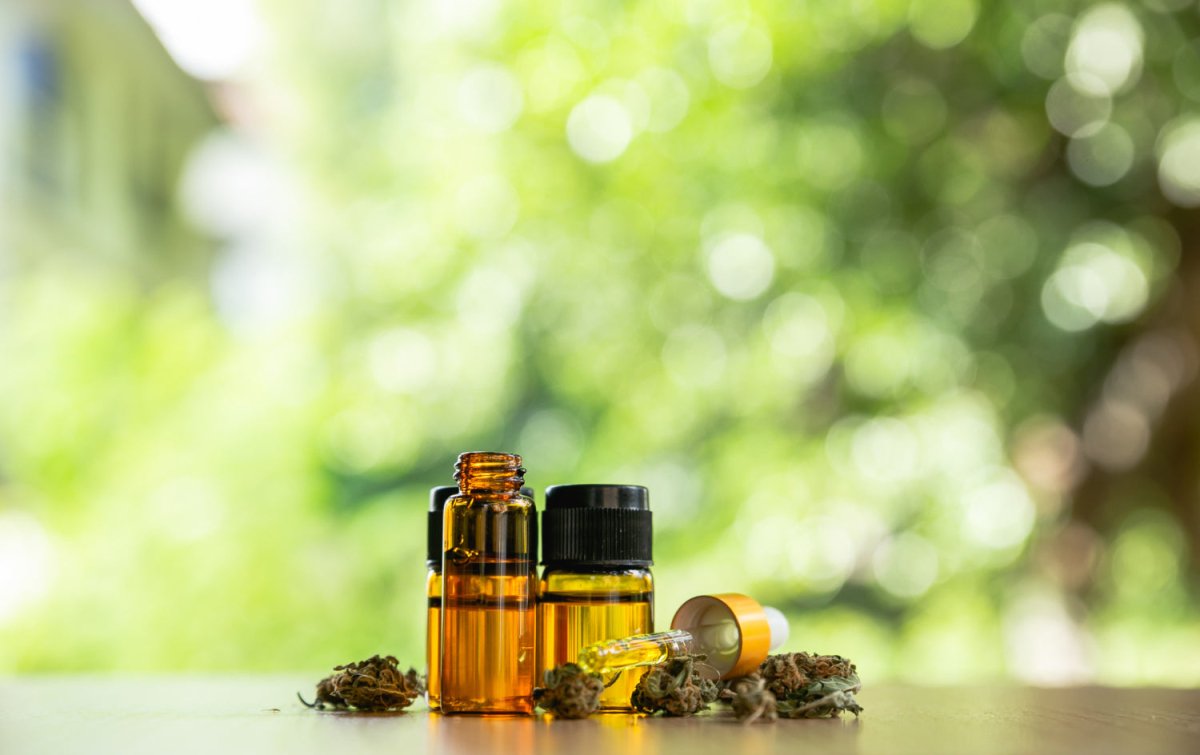
In recent years, alternative medicine has gained significant popularity as people seek natural and holistic approaches to health and wellness. Among the various alternative therapies, the use of essential oils has become increasingly prevalent. These aromatic plant extracts have been utilized for centuries in different forms of alternative medicine. In this article, we will explore some of the most common types of alternative medicine and how they incorporate essential oils into their practices.
Types of Alternative Medicine
Aromatherapy: Aromatherapy is a well-known alternative therapy that utilizes essential oils to promote physical and psychological well-being. This practice involves inhaling or applying essential oils topically to stimulate the senses and trigger specific responses in the body. Essential oils are believed to have therapeutic properties that can help alleviate stress, improve sleep, boost mood, and relieve various ailments.
Key Essential Oils Used in Aromatherapy
- Lavender: Known for its calming and relaxing properties, lavender essential oil is often used to reduce stress and promote better sleep.
- Peppermint: With its invigorating scent, peppermint essential oil is used to alleviate tension, improve focus, and relieve muscle soreness.
- Eucalyptus: Known for its refreshing and clearing properties, eucalyptus essential oil is commonly used to promote clear breathing.
Traditional Chinese Medicine (TCM): TCM is an ancient healing system that encompasses various practices, including acupuncture, herbal medicine, and massage. Essential oils are often used in TCM to enhance the effects of these therapies. In TCM, essential oils are believed to have specific energetic properties that can balance the body's Qi (life force) and promote healing. They may be used in massage oils, diffused in the air, or added to herbal remedies.

Key Essential Oils Used in Traditional Chinese Medicine
- Frankincense: Used in TCM for its grounding and calming effects, frankincense essential oil is believed to help balance the Qi and promote emotional well-being.
- Ginger: Known for its warming properties, ginger essential oil is used in TCM to support digestion, relieve a dizzy tummy, and improve circulation.
- Sandalwood: With its soothing and harmonizing qualities, sandalwood essential oil is often used in TCM to promote relaxation and balance the mind and body.
Ayurveda: Ayurveda, a traditional Indian system of medicine, focuses on achieving balance and harmony within the body, mind, and spirit. Essential oils play a vital role in Ayurvedic practices, such as massage, meditation, and herbal remedies. Each essential oil is associated with specific qualities, known as doshas, which correspond to different body types. By using essential oils that align with an individual's dosha, Ayurvedic practitioners aim to restore balance and promote overall well-being.
Key Essential Oils Used in Ayurveda
- Rose: Considered a cooling and balancing oil in Ayurveda, rose essential oil is used to promote emotional well-being, reduce stress, and enhance self-love.
- Patchouli: Known for its grounding and calming properties, patchouli essential oil is used in Ayurveda to balance the Vata dosha and promote relaxation.
- Vetiver: With its earthy and grounding scent, vetiver essential oil is used in Ayurveda to balance the Pitta dosha, calm the mind, and improve focus.
Naturopathy: Naturopathy is a holistic approach to healthcare that emphasizes the body's ability to heal itself. Essential oils are commonly used in naturopathic treatments to support the body's natural healing processes. They may be used in aromatherapy, topical applications, or as part of herbal remedies. Naturopaths often select essential oils based on their therapeutic properties to address specific health concerns, such as inflammation, digestive issues, or respiratory conditions.

Key Essential Oils Used in Naturopathy
- Tea Tree: Renowned for its cleansing properties, tea tree essential oil is commonly used in naturopathy to promote skin health.
- Chamomile: With its soothing properties, chamomile essential oil is used in naturopathy to promote relaxation, relieve tension, and support digestive health.
- Lemon: Known for its uplifting properties, lemon essential oil is used in naturopathy to support detoxification, boost mood, and improve digestion.
Homeopathy: Homeopathy is a system of medicine that uses highly diluted substances to stimulate the body's self-healing abilities. While essential oils are not typically used directly in homeopathic remedies, they can be used as complementary therapies. Essential oils may be recommended to support emotional well-being, relieve symptoms, or enhance the overall effectiveness of homeopathic treatments.
Key Essential Oils Used in Homeopathy
- Bergamot: With its uplifting and mood-enhancing qualities, bergamot essential oil is used in homeopathy to alleviate heaviness, a worried mind, and emotional stress.
- Ylang Ylang: Known for its calming properties, ylang ylang essential oil is used in homeopathy to promote relaxation, relieve tension, and support emotional balance.
- Clary Sage: With its hormone-balancing properties, clary sage essential oil is commonly used in homeopathy to alleviate menstrual discomfort, support hormonal health, and promote relaxation.
Closing Thoughts
Alternative medicine offers a diverse range of therapies that incorporate essential oils to promote health and well-being. From aromatherapy to traditional Chinese medicine, Ayurveda, naturopathy, and homeopathy, essential oils are utilized in various ways to enhance the therapeutic benefits of these practices. However, it is important to note that while essential oils can be beneficial, they should be used safely and under the guidance of trained professionals. As with any form of alternative medicine, it is essential to consult with a qualified practitioner to ensure safe and effective use. Additionally, you should only use high-quality organic essential oils like Cliganic. To learn more about how to use essential oils, check out this article: How to Get Started with Essential Oils.

















